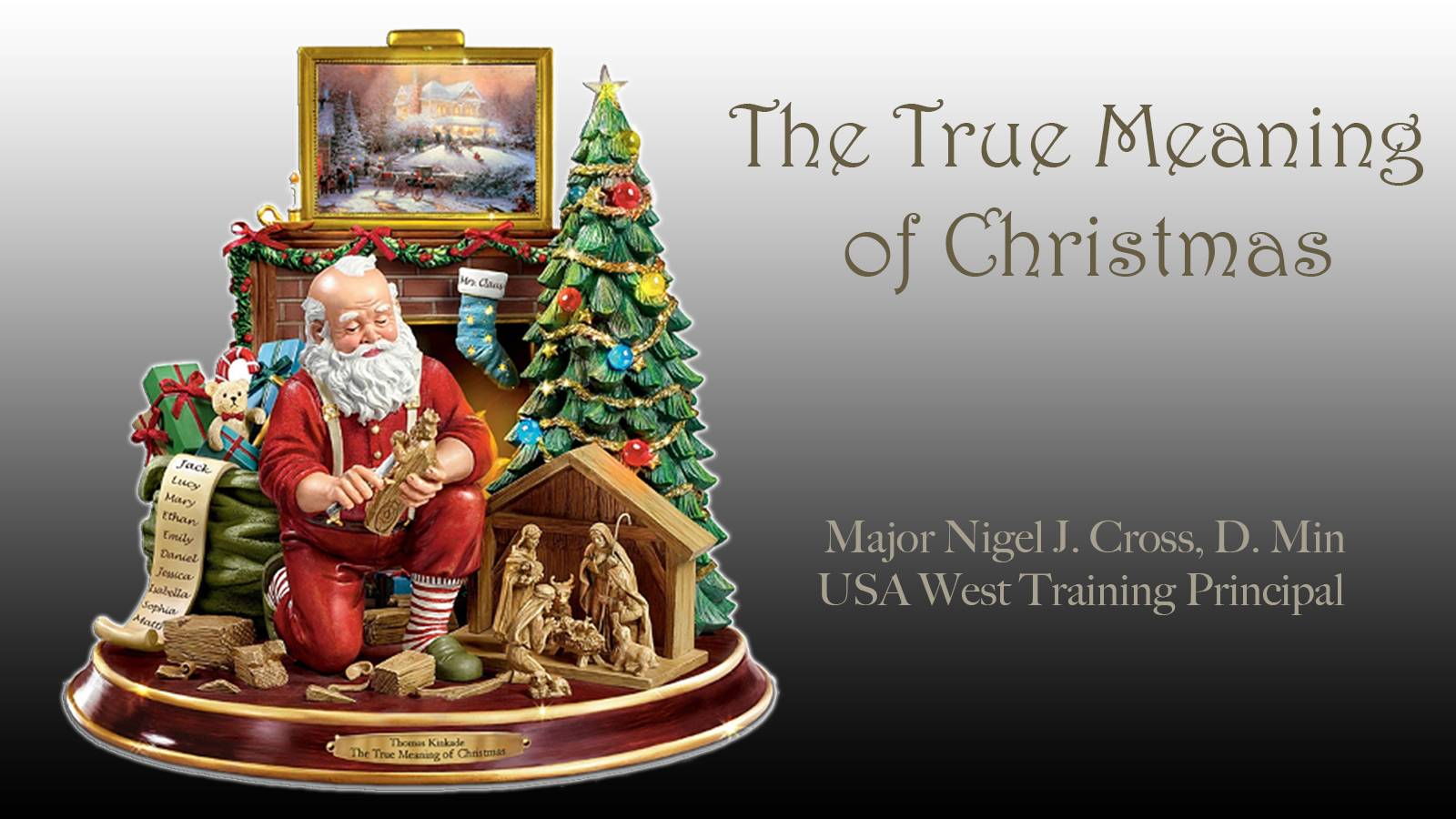
In Thomas Kinkade’s nativity, Joseph is kneeling behind the manger, peering in to look at Jesus. He has his right hand over his heart and with his left, he is supported with a shepherd’s staff. Joseph was a carpenter, perhaps stone mason, in Nazareth and he is described in the gospel according to Matthew as a righteous man (Matthew 1:19). He was a good Jewish man, observing the law and honoring his God. He was devoted to do what was right and acclaimed, therefore, as having good character. You can imagine his delight in being betrothed to Mary, an engagement that was legally binding and would last a year. You can also then imagine his sense of betrayal, disappointment, and lack of understanding when he found Mary to be pregnant. As a righteous upstanding man, what should he do? Mary, if committed adultery would receive a death penalty, but he did not want that to happen, so he designed to secretly have Mary sent away. Mary would then have her baby in secret, but as consequence of the illegitimate birth, he would not be able to marry within Judaism.
We know that Joseph did not send Mary away, but after having an encounter with a heavenly messenger in a dream, he knew the importance and significance of the child Mary carried. Hear what the angel said, ‘Joseph, son of David, do not be afraid to take Mary as your wife; for the Child who has been conceived in her is of the Holy Spirit. She will bear a Son and you shall call His name Jesus, for He will save His people from their sins,’ (Matthew 1:20-21). Joseph will give him the name Jesus; God is Salvation!
Joseph was righteous as he always wanted to honor his Lord. Having a personal message from God, changed his plans so God’s will would be done no matter the consequences on his life and reputation. He was secure in himself to face anything for his God. What I find equally amazing is that Joseph recognized the message from the Angel as coming from God, as he did another three times. On the second occasion, he was told to pack and leave Bethlehem for Egypt, and by fleeing, he preserved the life of Jesus. The third dream, Joseph was instructed to return home, presumably to Bethlehem, but during a fourth dream, he was instructed for safety concerns over Archelaus reigning in Judea, to go to Galilee. Four dreams, four clear messages from the Lord, all perceived and obeyed – God’s will be done – truly Joseph was righteous.
Joseph, with his right hand on his heart while looking at Jesus, shows great devotion and love. Today we can reflect on Joseph’s character, how close he was to God and recognizing personal messages from God. Are we so in tune with our God and willing to do anything that is asked of us, even it if means our character would be questioned? Hopefully, we would make decisions that would not bring harm to anyone close to us and whom we love. Thinking of being righteous and doing what is right, we can take Paul’s advice in Philippians 4:8, ‘Whatever is true, whatever is honorable, whatever is right, whatever is pure, whatever is lovely, whatever is of good report, if there is any excellence and if anything worthy of praise, dwell on these things.’ Be righteous in thought, word, and deed, for the glory of God.
Listen now to the Territorial Ensemble as they play “Silent Night” and join us next week in this advent series as we reflect on Mary, the mother of Jesus and the one who said, ‘May your will be done!’
